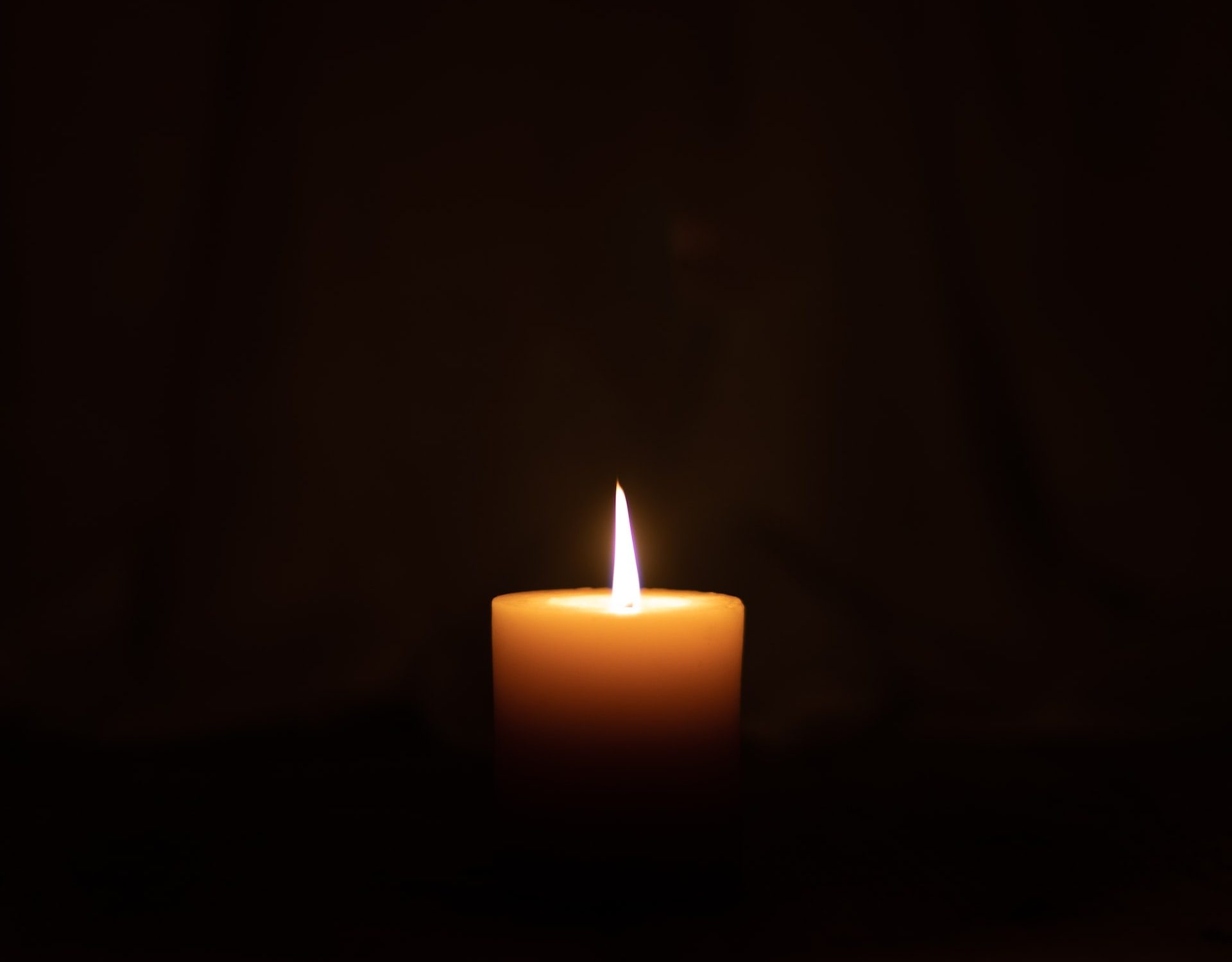Poet and painter Paula Obé’s most recent collection, Remembering her brown head-tie (Bamboo Talk Press, 2021), drew me for a lot of reasons. Obé has long been one of Trinidad’s foremost feminist poets and I think it’s fair to say she blazed a trail for me and many others like me. She is a champion of women’s writing, especially performance poetry, having dedicated her life as a print and music publisher to women writers. Obé performed in the earliest shows I staged back in the mid-1990s; and I performed in her series of shows, Ten Sisters, which she eventually produced as a CD. Her collections, published from around this time, were what some might today regard as disruptive queer Caribbean feminist works. She performed them in a characteristically mellow voice, which belied their fiery content and winked at the hard strumming of her steel-string guitar. This new collection continues that tradition of softness and steel.
To me, the heart of the collection is ‘Gonzalez Hill’. The book’s narrow though spaciously lined text clings to the margins of its pages like the Shouter Baptist women who wind their steady way up this titular hill along a path to spiritual truth despite the forces arrayed against them. This slim, lovingly-illustrated collection is a requiem to the poet’s late grandmother, a healer and visionary who bore the spiritual rank of Mother Prover. These poems tell of her two lives, in the church and with her family, in the fraught circumstances of the early to mid-20th century in Trinidad.
It was 1929.
Amidst these women and spirits
stood a woman child
who cried her way into their circle
wearing simple dresses
with aprons and head-ties
hidden far inside a memory
billowing on clothes lines…
of staffs tucked neatly in their
shaking and singing and
loose tongues
slipping without regard
for any ordinance
politician
or policeman
As Shouter Baptists, these women’s religious practices were popularly characterized as “magic/ […] witchcraft/ obeah/ devil thing” [poet’s italics], as the poem’s refrain puts it. The “ordinance” referenced is the Shouters Prohibition Ordinance, a 1917 law which made congregations and activities of Trinidad’s Shouter Baptists illegal and punishable by fine. The Ordinance was repealed in 1951. However, the Trinidad and Tobago Summary Offences Act, dating back to the colonial era, prohibited the practice of Obeah until the year 2000, under penalty of imprisonment and flogging. An African traditional religious practice in the Caribbean, similar to Vodou in Haiti and Myal in Jamaica, Obeah may be simplistically understood as a system of healing or cursing through the use of herbs, fetishistic items and prayers. These women may not have considered themselves Obeah women but that wouldn’t have stopped others, including the police, from arresting them for being such. As an act of resistance, Obé’s ritualistically rendered poetry in this collection reveres, not reviles, their spiritual practices.
I believe Obé’s insistence on the feminine nature of the gathering on Gonzalez Hill begins in the second line of the poem as she invokes the scent of “perfume and Ponds face cream”. This secret meeting is the province of women who, lit by “flambeau, candleflies/ and candlelight”, made their way under the stars through the night’s lurking terrors. These perils included “coral snakes and jumbie-beads”, the folklore spirits of the cow-footed seductress La Diablesse and the shape-shifting Loup Garou, as well as the police. “You see moonlight,/ flambeau and faith/ kept these women/ standing tall”, the poet writes before intoning the refrain again:
Flambeau, candleflies
and candlelight
lit pathways under starlight
you see these dark nights
knew nothing of street lights
only magic… only magic
some called it witchcraft
obeah
devil thing… but it was still magic
ancestral curses perhaps
but still magic
Obé and I are both from Morvant. Now that I am also a Spiritual Baptist, I yearn even more for her work and all that it memorializes. Like her clipped lines, this is writing that takes hold of you by leaving room on the page for ancestral memory, resilience and hope.
∞
Lisa Allen-Agostini is a writer and poet from Trinidad. Her latest book, The Bread the Devil Knead, was shortlisted for the Women’s Prize for Fiction 2022.

